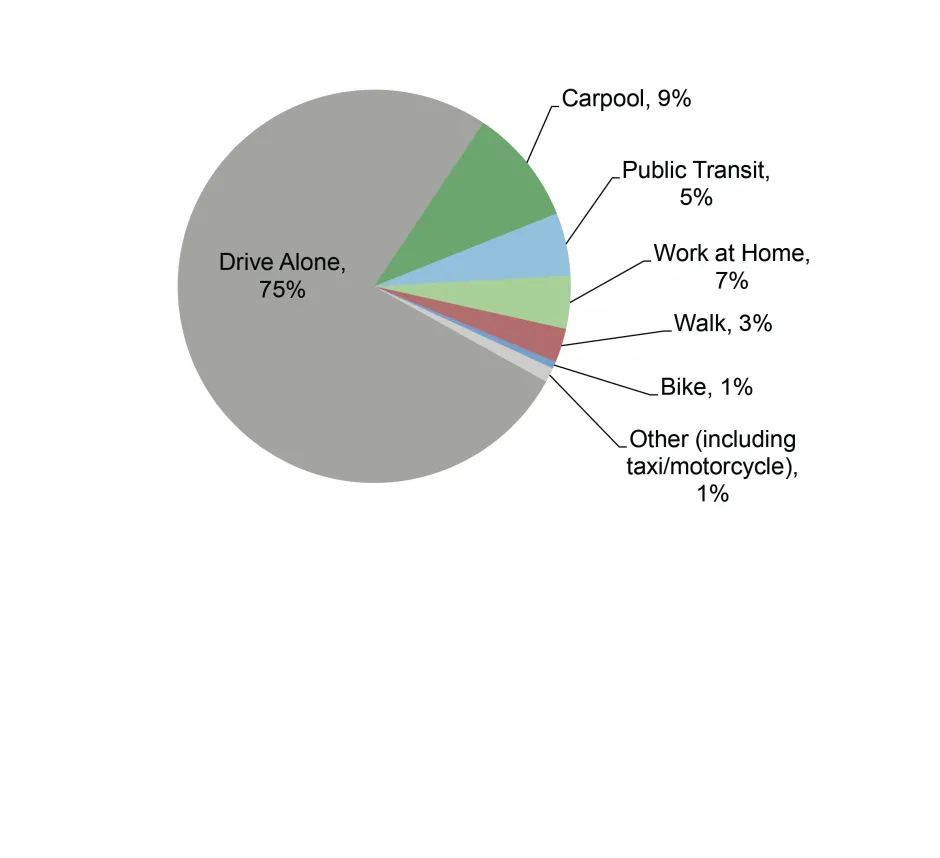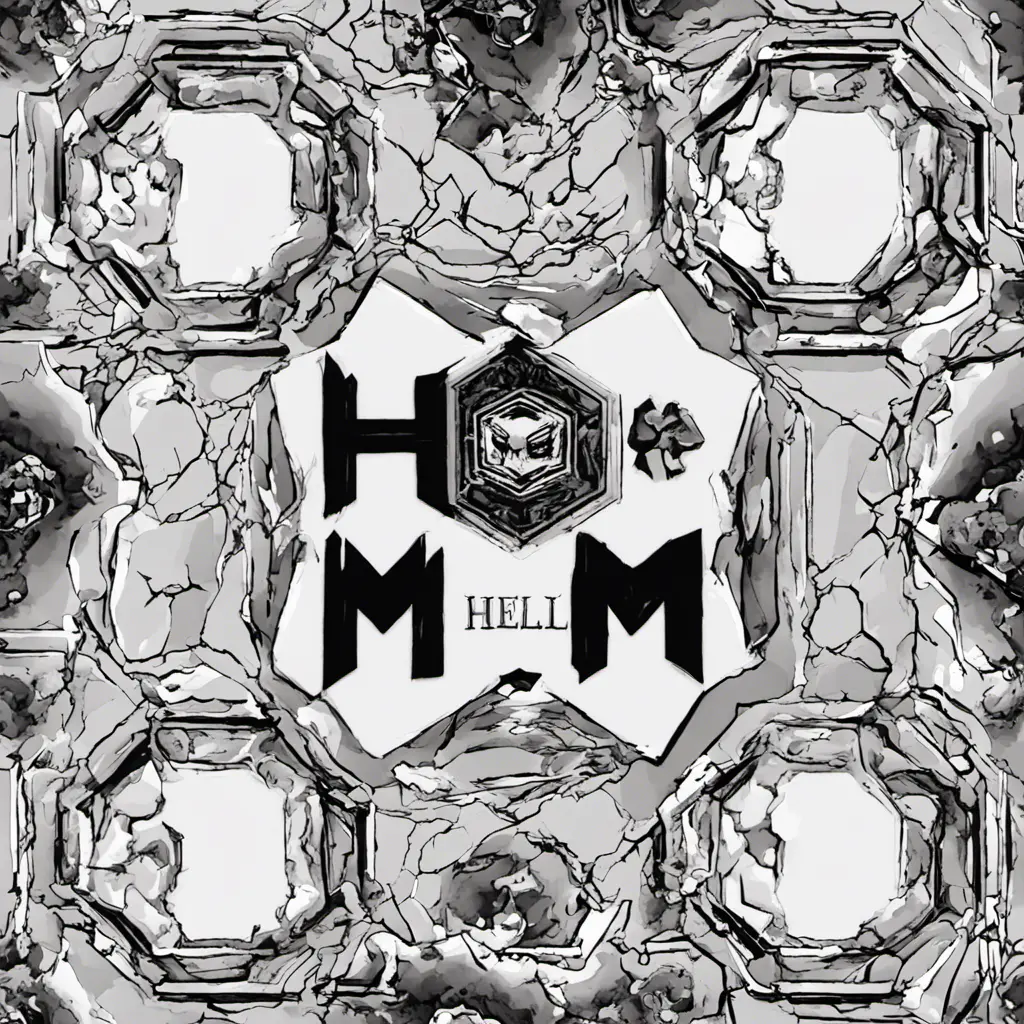- 0 Posts
- 22 Comments

 7·8 months ago
7·8 months agoThis probably depends a lot on the gardening method. Like, your average gardener with no strategy is probably carbon positive. Ok, but what about biointensive gardening? What about permaculture gardening? What about guerilla gardening? What about aquaponics?
If you’re driving to the garden store to get fertilizer, then you’re probably carbon positive. If you’re composting yourself and building your soil, I don’t know.
Edit: looks like it’s covered in the video. Will follow up later.
Edit: watched the video. Yes, basically permaculture is way less carbon intensive. The carbon comes from infrastructure (raised beds, sheds, etc).

 72·8 months ago
72·8 months agoBut this is really more a product of capitalism than anything else. Under capitalism you just have to keep moving even if you’re just making garbage and debt. There’s no reason to stop and think, because that is seen as a cost (even though it costs more to move without thinking).
Even the best companies that do factor in planning (at least in concept if not actually in practice most of the time) end up with the other problem of “resume driven development” where things that are totally fine and actually working get replaced with things that don’t work because someone needs a new project to get their promotion.
Capitalism produces garbage and puts the people who are least qualified in decision making roles. This still happens in natural systems, but much less. In (healthy) anticapitalist organizing, the people who know the most are generally asked to lead and when they don’t know what to do they stop and figure it out before moving forward.
Aimless wondering can still be a problem, but it’s not forced by the system to continue it’s just people who are learning.

 3·9 months ago
3·9 months agoIt depends on the city. I’d argue that cities and towns are the best places to push good urban planning, the problem is that it’s a lot of work. It always feels like less work to start something from scratch and in a lot of cases it may be but I don’t think “throw everything away and start again” really aligns well with the world we’re trying to create.

 2·9 months ago
2·9 months agoAnd what’s the deal with corn? In the summer I saw single or groups of two or three corn plants, not dense enough to pollinate, too short to have been started inside. Do y’all grow it as an ornamental or do y’all not know how corn works?
Also the one food forest I’ve found needs a goat.
I take it you’re in one of the cities then? I’m in Amsterdam.

 3·9 months ago
3·9 months agoPerhaps not copy everything. :P
The thing I actually hate the most is the whole enclosure of the commons/foraging is illegal (or at least super gray area) thing. I’m an immigrant and I don’t want to go back, so I’m not about to see how far I can bend the law. But I also know there’s so much food that could be grown in the city and so much that could even be collected right now.
The Netherlands seems super domesticated.

 4·9 months ago
4·9 months agoI moved here from the US and you cannot possibly comprehend how much better it is. From the perspective of someone escaping the US, it’s one step away from an ecotopia. But yeah, it does suck in a lot of ways. There are still cars everywhere and I even see trucks sometimes. I don’t understand how y’all could have gone through the whole “Stop da Kindermoord” thing and still let in trucks.
There’s a lot of bad things to fix, but I haven’t seen anything closer to what I want and with two kids who are growing up I don’t have time or capacity to fight to make the US survivable.
It’s a good start that most of the rest of the world could copy and be far better off, even if it’s still a long way from optimal.

 3·9 months ago
3·9 months agoFrom the center of Amsterdam you can bike to a horse pasture in like 20 minutes. You can go from high density urban to farm land super fast. Farmers were heavily involved in constraining how the Netherlands urbanized, so you have a lot of dense cities surrounded by farms and forests.
It definitely isn’t self-sustaining, but it could be. The Netherlands is one of the biggest agricultural producers in Europe.
There’s tons of green space within the cities too… And bikea are the primary mode of transit.
It’s pretty close… About as close as you can get under capitalism.

 4·10 months ago
4·10 months agoThe Netherlands is already a pretty good model, not too far away from that.

 12·10 months ago
12·10 months agoThey aren’t two completely different problems, they’re in direct opposition. Making cars more tolerable increases demand for cars. Improving mass transit and bike infrastructure decreases demand. One is sustainable, the other is not.

 3·10 months ago
3·10 months agoIf you are stuck in a place that actually requires a car then this makes sense. Between the two you’ll save a ton of money.
In the long term though vehicle to vehicle communication will be required for all cars on the road. You will have (probably property) computer in your car controlling it. Unless you go back to like the 80’s or something you’ll still have a proprietary computer in your car that will need to be replaced.
But even getting a bike for occasional trips prepares you for gas prices spiking or your car breaking down.

 2·10 months ago
2·10 months agoI wish you did too. The only way to get it is to fight like hell for it.

 1·10 months ago
1·10 months agoIf people used bikes or ebikes in the overwhelming majority of cases where it’s possible, it would make it a lot easier to fix the small number of situations where it’s not.

 102·10 months ago
102·10 months agoDon’t you think it’s interesting that even though the vast majority of car trips are a single person going less than a mile, every time someone brings up bikes the rebuttal is always “what if I need to move my family of 16 and their refrigerator 800 miles in freezing rain!?”
The US was built on rail. The infrastructure could be fixed. It’s a choice not to fix it. It would be better to put in energy to fixing this than creating an open source way to access a proprietary transit system. Infrastructure is the problem, car vendors are just exploiting it.
Edit: correction, 52% of trips in the US in 2021 were under 3 miles and 28% are under a mile according to US DoE (https://www.energy.gov/eere/vehicles/articles/fotw-1230-march-21-2022-more-half-all-daily-trips-were-less-three-miles-2021). 2% we’re over 50 miles. Over 60% were under 5 miles, which is still pretty easy with an eBike given functional infrastructure.

 53·10 months ago
53·10 months agoYeah, I have two kids. We used an eBike in the US. The Dutch would find your comment absolutely hilarious. We do not own a car and haven’t needed one since we moved to the Netherlands. The problem is that you have a proprietary transit infrastructure that forces you to use property cars. Infrastructure is your vendor lock in.
The majority of car trips are under one mile and have one passenger. In the vast majority of cases you can replace a car with an eBike.
This just reminds me of someone else saying something like every time you suggest a car replacement suddenly everyone needs to carry a couch 300 miles in the snow.
It is not possible to be free while you have a car. But yeah, some times your forced in to that by the complete failure of American infrastructure. Cars continue to be your worst option, even if you’re forced to use them.
Edit: Correction, over 60% are under 5 miles, 28% are under a mile. Only 2% are over 50 miles. 69% of the total annual vehicle miles traveled in the U.S. occur in urban areas. In 2019, average car occupancy was 1.5 persons per vehicle.

https://css.umich.edu/publications/factsheets/mobility/personal-transportation-factsheet https://www.energy.gov/eere/vehicles/articles/fotw-1230-march-21-2022-more-half-all-daily-trips-were-less-three-miles-2021

 68·10 months ago
68·10 months agoIf you can, get an eBike. Cars need a ton of expensive resources. No matter what car you get, you’re basically renting it for $10k/yr anyway. Bikes can be fixed with a small set of tools in a living room without thousands of dollars of diagnostic equipment.
If you can’t do a bike because of distance, consider a motorcycle. That’s at least a little more free than a car. Cars are the worst.

 82·10 months ago
82·10 months agoThere’s already an open source bike. Carrying several tons of metal everywhere you go is kind of a bad idea anyway.

 15·11 months ago
15·11 months agoYeah, that’s why the US is collapsing.

 2·11 months ago
2·11 months agoI live in the Netherlands, but the Fins would like to have a word with you.


That kind of looks like a camera artefact from stichting multiple photos together.